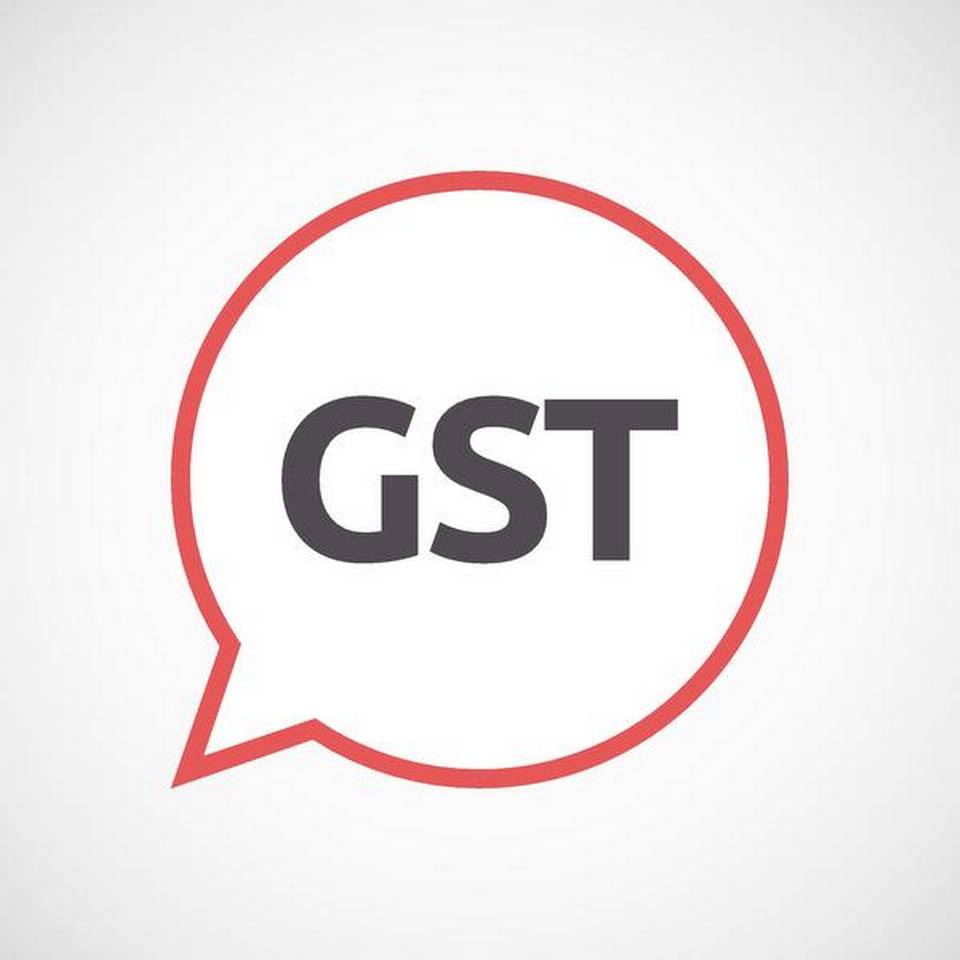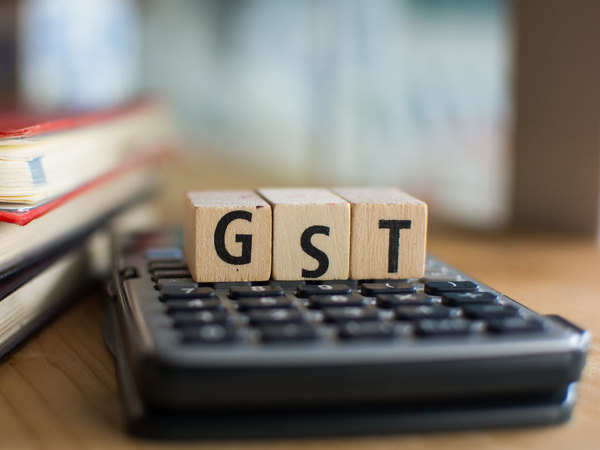GST E-invoicing scheduled to be implemented from October, 1 is expected to bring many advantages for businesses such as auto-reporting of invoices into GST return, auto-generation of e-way bill (wherever required). For ready reference of our readers we have discussed below the basic 10 FAQs on GST e-invoicing.
What is ‘e-invoicing’?
It means creation of GST invoices by tax payers on their own Accounting / Billing / ERP systems and thereafter uploading the specified particulars of invoice (in FORM GST INV-01) on Invoice Registration Portal (IRP).
Thereafter the IRP returns the e-invoice with a unique Invoice Reference Number (IRN) after digitally signing the e-invoice and adding a QR code. The, the invoice can be issued to the receiver (along with QR Code). A GST invoice will be valid only with a valid IRN.
IRN is a unique 64-character hash. Example of IRN is given below:
35054cc24d97033afc24f49ec4444dbab81f542c555f9d30359dc75794e06bbe
It may be noted here that ten portals have been notified as IRP out of which one is already active and can be accessed at https://einvoice1.gst.gov.in.
Which suppliers need to do GST e-invoicing and from which date?
E -invoicing will be mandatory from 1st October, 2020, for registered persons having aggregate annual turnover at PAN level of more than Rs 500 Crore. Other entities cannot do e-invoicing on voluntary basis.
However SEZ units including Free Trade & Warehousing Zones (SEZ developers not exempt) , Insurer, banking companies or financial institution, including NBFC, GTA, supplier of passenger transportation service and Multiplexes are exempt from the e-invoicing mandate.
Also e-invoicing is not applicable to invoices issued by Input service distributors as such invoices are for distribution of ITC and not for outward supplies.
Which supplies are presently covered under e-invoice?
Supplies to registered persons (B2B), supplies to SEZ (with / without payment), Exports (with / without payment) , Deemed Exports, by notified class of tax payers are currently covered under e-invoicing. It may be noted that e-invoicing is not applicable for import Bill of Entry.
Whether Credit notes and Debit notes be covered under GST e-invoicing?
Yes, besides Invoices, credit notes and debit notes when issued by notified class of tax payers for specified supplies will be covered under GST e-invoicing.
It is for ease of reference and understanding that the system is referred to as ‘e-invoicing’.
Whether e-invoicing is applicable for supplies involving Reverse Charge?
If the invoice issued by notified person is in respect of supplies made by him but attracting
reverse charge under Section 9(3), e-invoicing is applicable.
For example, a registered Goods Transport Agency having aggregate turnover in a FY is more than Rs. 500 Cr.) is supplying services to a company (who will be discharging tax liability as recipient under RCM), such invoices have to be reported by the notified person to IRP.
On the other hand, where supplies are received by notified person from (i) an unregistered
person (attracting reverse charge under Section 9(4)) or (ii) through import of services,
e-invoicing doesn’t arise / not applicable.
See GSTN Video on GST e-invoicing applicability:
What do I need to generate an e-invoice and whether any tool is provided to report invoices to IRP?
You will need a system/utility to report e-invoice details in JSON format to IRP and to receive signed e-invoice in JSON format from the Portal. Further entities not having their own ERP/Software solutions, can use the free offline utility (‘bulk generation tool’) downloadable from the e-invoice portal. Through this, invoice data can be easily reported to IRP and obtain IRN/signed e-invoice.
What are various modes for generation of e -invoice?
Multiple modes are available so that taxpayer can use the best mode based on his/her need:
a. API based (integration with Taxpayer’s System directly)
b. API based (integration with Taxpayer’s System through GSP/ASP)
c. Free Offline Utility (‘Bulk Generation Tool’, downloadable from IRP)
Web-based / mobile app-based modes will also be provided in future.
What is e-invoice schema?
‘Schema’ simply means a structured template or format. ‘e-invoice’ schema is the standard format for electronic invoice. It is notified as ‘Form GST INV-1’.
‘Schema’ acts as uniform standard for ERP/ Billing/Accounting software providers to build utility in their solution/package to prepare e-invoice in notified standard thereby ensuring e-invoice generated by any ERP/Accounting and Billing Software is correctly understood by another ERP/Accounting software. This is also required for ensuring uniformity in reporting to IRP.
Many optional fields are available in the schema to cater to the requirements of specific
businesses and practices followed by industry and trade in India.
Schema ensures e-invoice is ‘machine-readable’ and ‘inter-operable’, i.e. the invoice/format can be readily ‘picked up’, ‘read’, ‘understood’ and further processed by different systems like Oracle, Tally, SAP etc.
Whether the e-way bill get auto-generated?
In case both Part-A and Part-B of e-way bill are provided in the e-invoice schema, the details will be used to generate e-way bill.
In case Part-B details are not provided at the time of reporting invoice to IRP, the same will have to be provided by the user through ‘e-way bill’ tab in IRP log in or e-Way Bill Portal, so as to generate e-way bill.
What will be consequences for non complying with GST e-invoicing provisions?
The consequences for non complying with GST e-invoicing would be as follows:
- If an invoice is not registered on the IRP, then such an invoice would not be treated as a valid tax invoice for all GST related matters and therefore attract a penalty of ₹10,000 for each instance of non-compliance.
- Transportation of goods without a valid tax invoice may cause detention of goods and vehicle and imposition of penalty.
- Customers may refuse to accept the goods and/ or make payments in the absence of a valid tax invoice as this would impact a recipient’s eligibility to avail ITC.
- Further, the Government also plans to implement a check which would restrict the generation of e-way bill in the absence of IRN.
For complete set of FAQs please click here.
***
[rainbow]Don’t miss the next GST Update / Article / Judicial pronouncement[/rainbow]
Subscribe to our newsletter from FREE to stay updated on GST Law
Resolve your GST queries from national level experts on GST free of cost.
TW Editorial Team comprises of team of experienced Chartered Accountants and Advocates devoted to spread the knowledge of GST amongst the various stakeholders.




